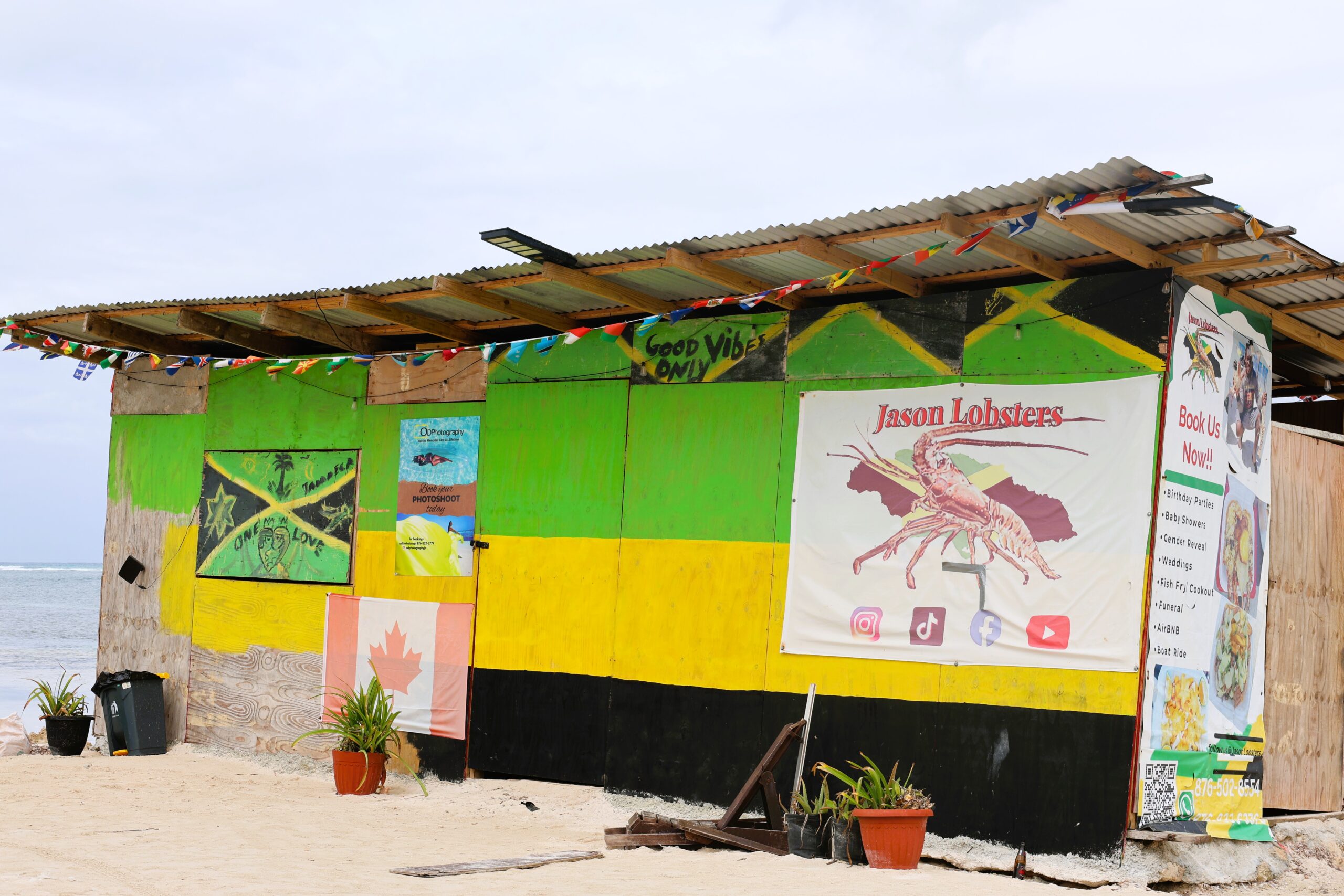The future of Jamaica will undoubtedly be shaped by its governance, culture, and education. These three pillars will play a critical role in determining the country’s trajectory as it navigates a complex global landscape. Here’s a look at how each of these areas could influence Jamaica’s future:
1. Governance and Politics
Increased Democratic Participation:
- As Jamaica continues to strengthen its democratic institutions, citizens may become more actively involved in governance through greater political awareness and participation. With a focus on transparency and anti-corruption initiatives, future governments could foster a more engaged electorate that pushes for meaningful change.
- Digital platforms and social media could become key tools for citizens to hold politicians accountable, making governance more responsive and inclusive.
Decentralization and Local Empowerment:
- Jamaica might see a trend toward decentralization, with more power given to local governments to address regional disparities and provide services that cater to specific community needs. This could encourage more equitable development across urban and rural areas.
- Additionally, partnerships with international organizations may help Jamaica modernize its infrastructure and bolster resilience against challenges like climate change, economic instability, and political volatility.
Economic Policies and Global Positioning:
- Future governments may focus on creating sustainable economic policies, enhancing Jamaica’s position in the global economy through tourism, technology, agriculture, and manufacturing. A diversified economy will likely be key to addressing unemployment, youth engagement, and income inequality.
- Jamaica may also expand its role as a global player in terms of environmental leadership, given its rich natural resources and vulnerability to climate change, which could lead to innovative, green policies.
2. Culture and Identity
Cultural Globalization and Preservation:
- As Jamaica continues to be a cultural exporter, particularly through music, sports, and cuisine, the fusion of Jamaican cultural elements with global trends could strengthen its international influence. However, this may also lead to a need for greater efforts to preserve local traditions, especially in rural communities.
- Jamaican culture, through platforms like social media and streaming services, will continue to reach new audiences. Reggae, dancehall, and sports figures like Usain Bolt may help elevate the country’s status, while also sparking global discussions about issues like social justice, identity, and race.
Rastafarianism and Pan-Africanism:
- The Rastafarian movement could continue to influence national and international conversations on African heritage, spirituality, and the African diaspora. This may lead to a stronger connection between Jamaicans and other African nations, potentially fostering greater cultural exchange and solidarity.
- Jamaica’s identity could become even more fluid and inclusive, embracing both Afrocentric traditions and a modern, globalized outlook. The country may find new ways to celebrate its diverse history while also adapting to the changing cultural landscape.
Creative Industries and Technological Integration:
- Jamaica’s creative industries will likely be at the forefront of future cultural influence. With advancements in digital media, local artists and content creators can use platforms like YouTube, TikTok, and Instagram to reach international audiences in ways that were once impossible.
- Jamaican musicians, artists, and entrepreneurs may increasingly merge culture with technology, creating new forms of entertainment, virtual experiences, and digital content that reflect the nation’s unique cultural identity.
Education and Innovation
Access to Education and Global Competitiveness:
- The future of education in Jamaica will likely emphasize greater access to quality learning, particularly in under-served regions. Online learning, vocational training, and international collaboration could help bridge educational gaps and prepare students for the global workforce.
- Emphasis on STEM (science, technology, engineering, and mathematics) education will become even more pronounced, as Jamaica strives to remain competitive in a rapidly changing technological landscape. Innovations in fields like artificial intelligence, robotics, and sustainable agriculture could be integrated into school curricula to foster the next generation of problem-solvers and innovators.
Cultural Integration in Education:
- Jamaica’s educational system may embrace a more inclusive curriculum that incorporates not only traditional subjects but also local cultural knowledge, indigenous practices, and African heritage. This could foster a stronger sense of national pride and identity among students while simultaneously encouraging global awareness.
- The educational focus might shift to producing well-rounded citizens, skilled not only in technical areas but also in critical thinking, ethics, and cultural understanding. Global citizenship and the ability to collaborate across cultures may become key aspects of Jamaica’s educational framework.
Technological Advancements and Educational Reform:
- Technology could revolutionize how education is delivered, from digital classrooms to virtual field trips. Jamaican schools may adopt advanced e-learning platforms, fostering lifelong learning and continuous professional development.
- The government could focus on creating partnerships with tech companies, universities, and international organizations to enhance the country’s research capabilities, boosting innovation in areas like renewable energy, health sciences, and technology.
Conclusion
The Jamaica of the future will likely balance its rich cultural heritage with the need for modernizing governance and education systems to meet global demands. The country’s political stability, strengthened by increased citizen engagement, will help guide its economic and cultural transformation. At the same time, Jamaica’s ability to preserve its unique identity while embracing technological advances and educational reforms will define its place in the 21st century. The future of Jamaica is one of dynamic change, but rooted in the strength of its people and their enduring cultural legacy.


